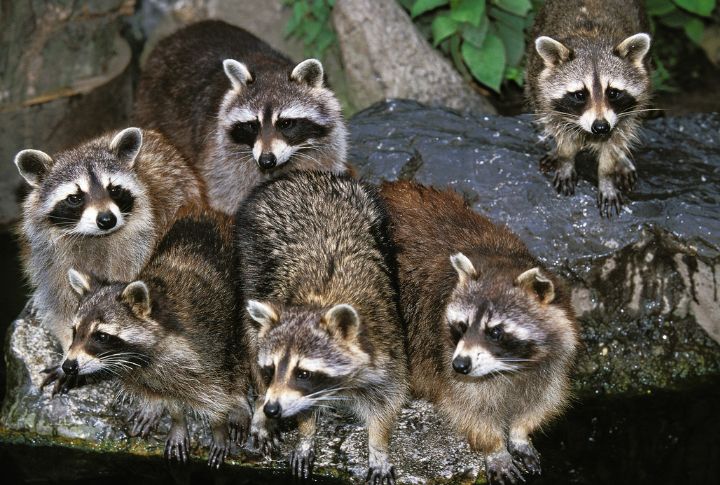
Raccoons are often misunderstood, their behavior and habits shrouded in myths and misconceptions. From being labeled as vicious pests to being mistaken for solitary creatures, these myths can cloud our understanding of these fascinating animals. Let’s debunk 15 of the most common myths about these trash pandas.
They Are Aggressive Animals
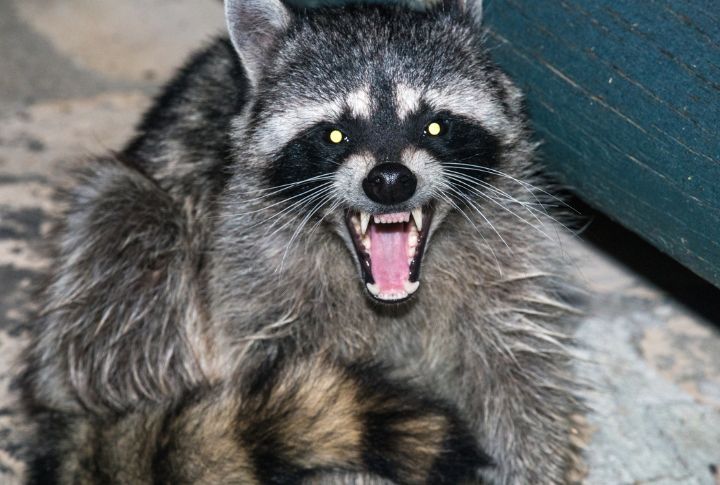
Raccoons are generally shy and prefer to avoid confrontation. They may act aggressively if they feel threatened, especially when protecting their young, but they are not naturally aggressive creatures.
They Only Come Out at Night
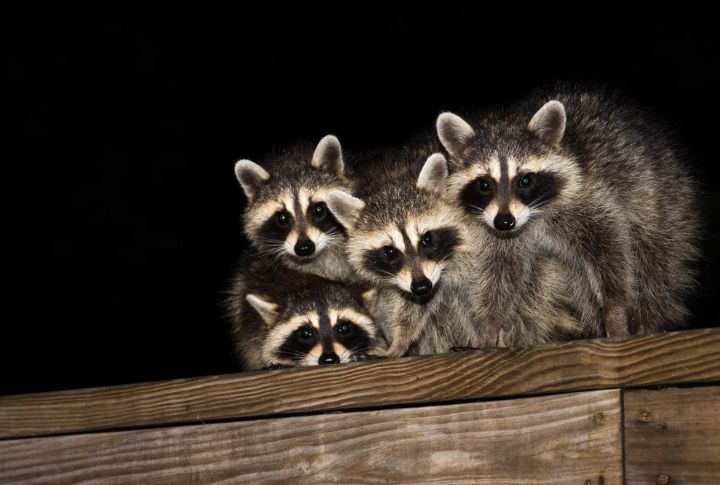
It’s a common misconception that raccoons are strictly nocturnal and that seeing one during the day is a cause for concern. In urban environments, where food sources like garbage bins, pet food, and garden produce are plentiful, raccoons may find ample opportunities for foraging. As a result, they often adjust their foraging schedules to take advantage of these resources during the day.
Related to Rodents
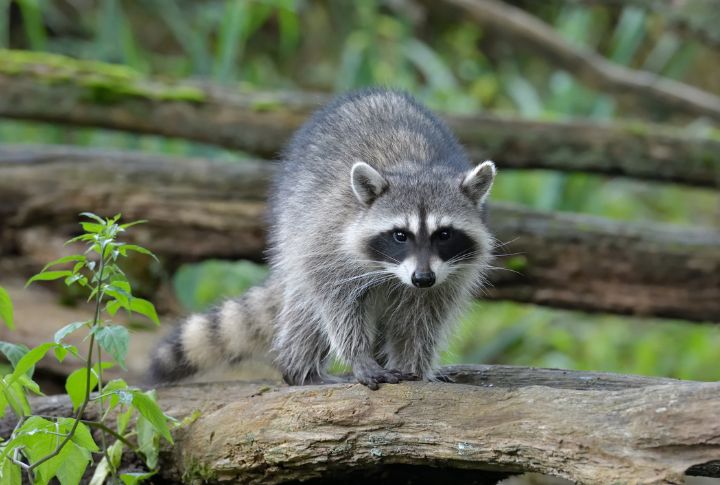
Raccoons belong to the Procyonidae family, which is more closely related to bears than to rodents. These animals are distinct in their own right and have unique characteristics that set them apart from rodents.
They Wash Their Food Before Eating
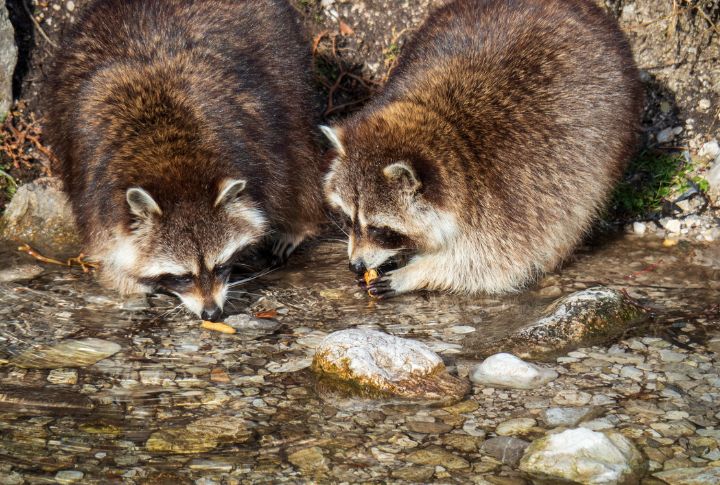
The myth that raccoons wash their food likely stems from their habit of dunking food in water. This behavior is more about tactile sensitivity and food handling rather than cleanliness.
All Raccoons Have Rabies
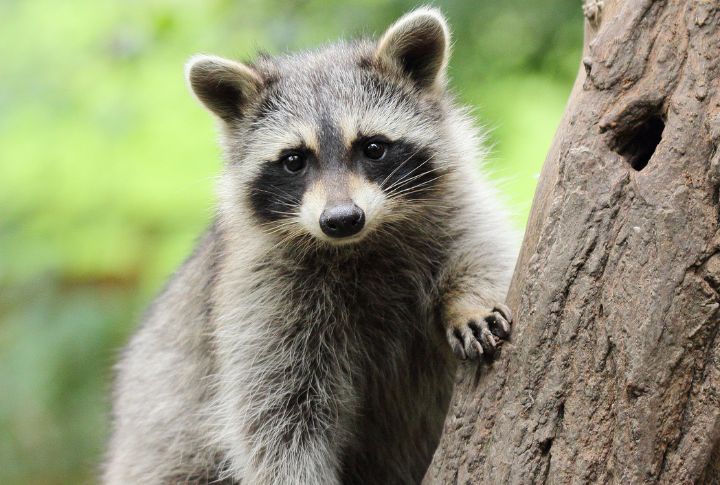
Not all raccoons carry rabies. While some can be carriers, the vast majority are healthy. While it’s always wise to be cautious around wild animals, assuming all raccoons are rabid is inaccurate.
Solitary Creatures
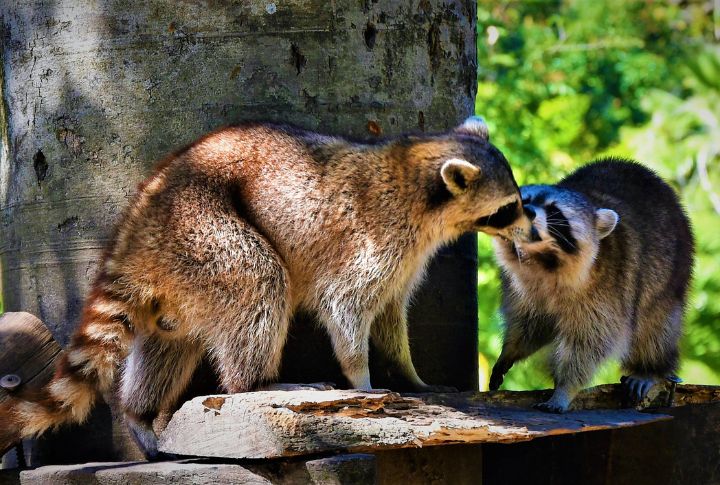
Raccoons have a reputation for being solitary animals, but their social structure is more complex than it appears. They are quite social, particularly females with their young. They often form family groups and may share dens, especially in colder climates.
They Are Pests and Serve No Purpose
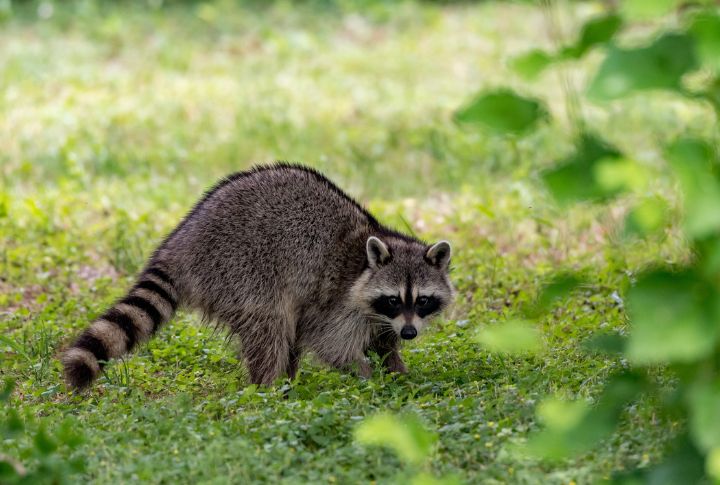
A raccoon’s role in the ecosystem is important as both predator and prey. They are omnivorous, meaning they have a varied diet that includes insects, small animals, fruits, nuts, and even carrion. This diverse diet allows them to help regulate the populations of many species within their habitats, thus maintaining ecological balance.
Can’t Adapt to Urban Environments
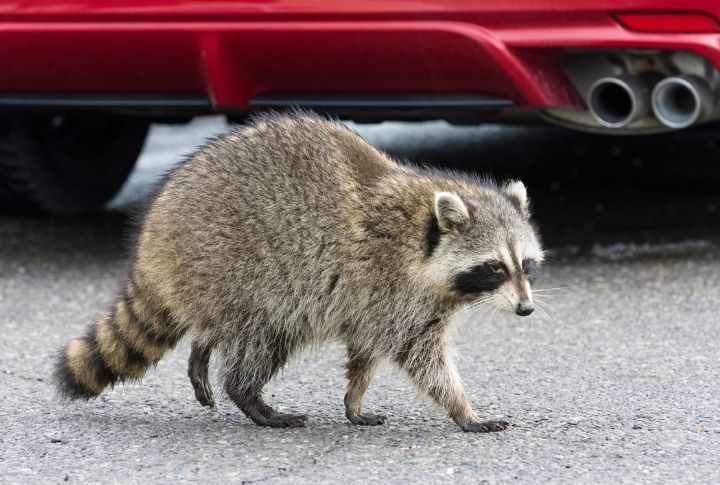
This animal is incredibly adaptable and can thrive in urban settings. They have learned to forage in city environments, using available resources and shelter.
They Are Clean Animals
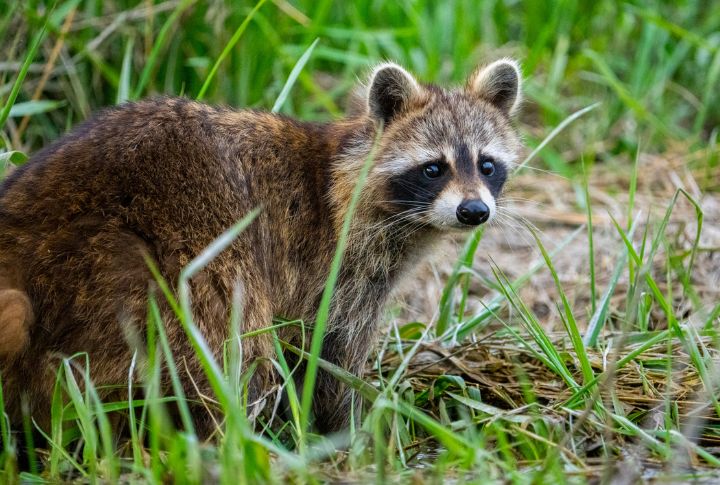
These furry creatures are not very clean, contrary to popular belief. Their dens can be quite dirty, and their scavenging habits often lead them to dirty environments.
They Are Distant from Humans
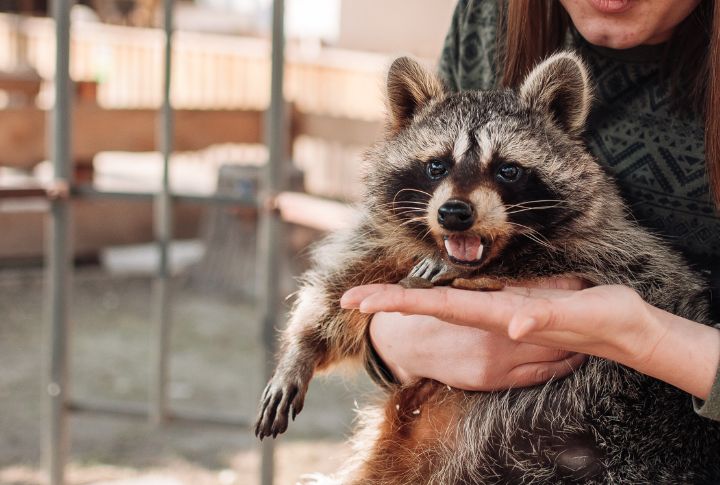
Raccoons have become quite accustomed to human presence, especially in urban areas. They often raid garbage bins and can be seen in parks and backyards.
Raccoons Are Stupid
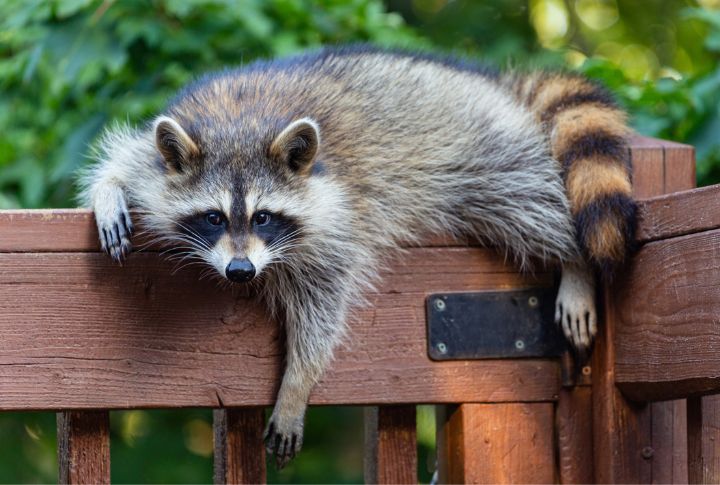
They are highly intelligent animals known for their problem-solving skills. They can open containers, navigate complex environments, and remember solutions to tasks.
Raccoons Can’t Be Tamed
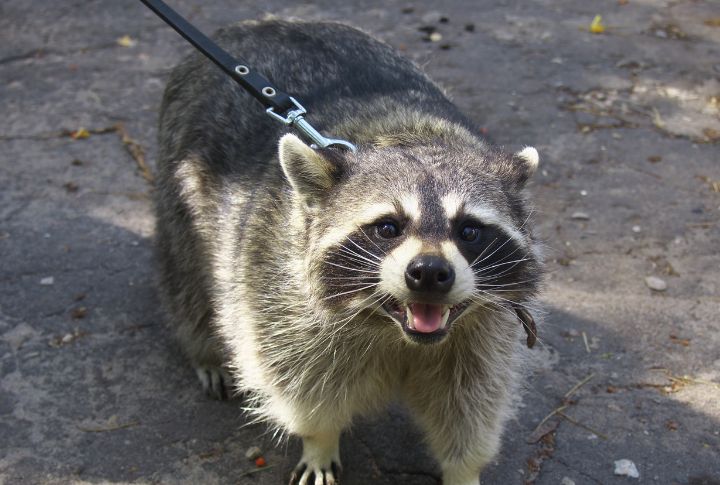
While raccoons are wild animals and should not be kept as pets, humans can tame them to some extent, especially when raised from a young age. However, they do remain unpredictable and wild at heart.
Gardens Destroyers
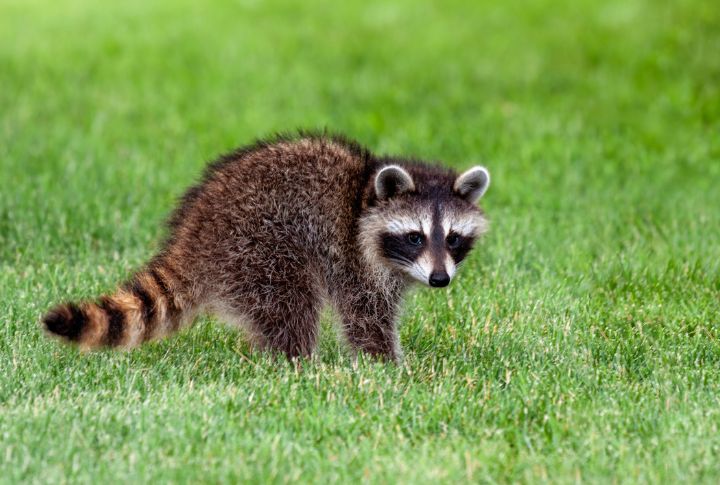
While raccoons may forage in gardens, they typically look for insects and grubs rather than destroying plants. They can sometimes cause damage but are not as destructive as often portrayed.
Have Short Lifespans
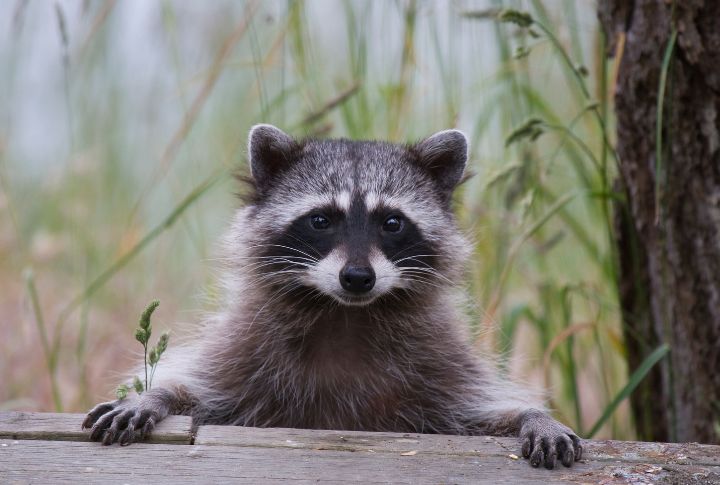
While it is true that raccoons in the wild have relatively short lifespans, usually ranging between two and three years in the wild because of predators, diseases, and harsh conditions. However, their lifespans can be significantly extended in a controlled environment. Without the threats posed by predators and with consistent access to nutrition and healthcare, they can live up to 20 years.
They Don’t Climb Trees
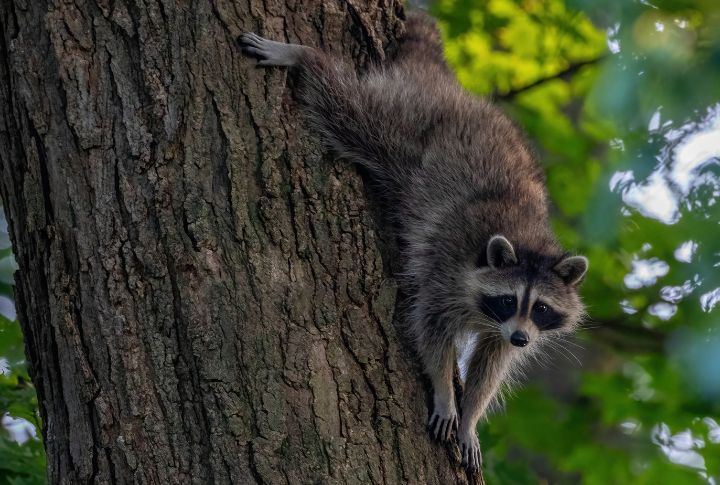
Raccoons are excellent climbers and frequently use trees for various purposes, such as escaping predators, finding grub, and locating nesting sites. Their dexterous paws and sharp claws make them adept at climbing.

Comments
Loading…